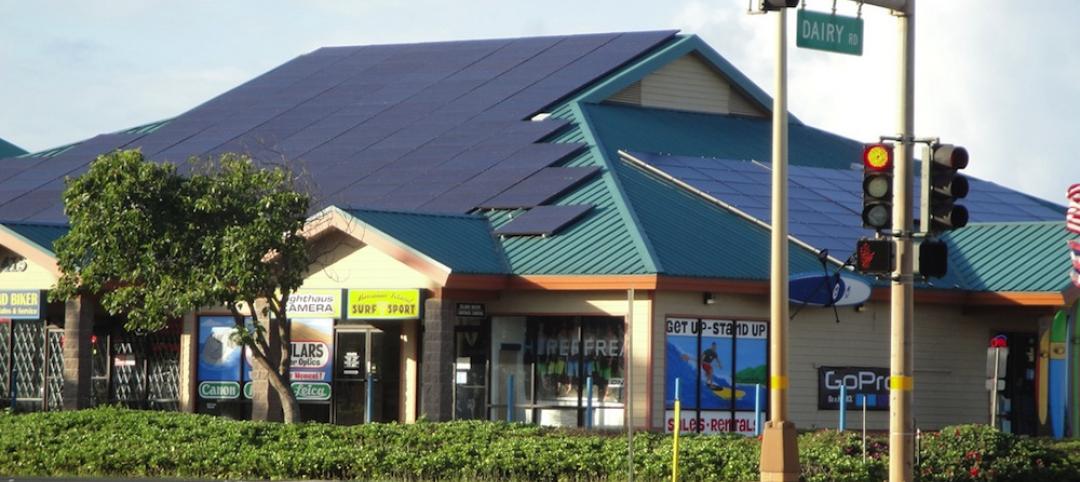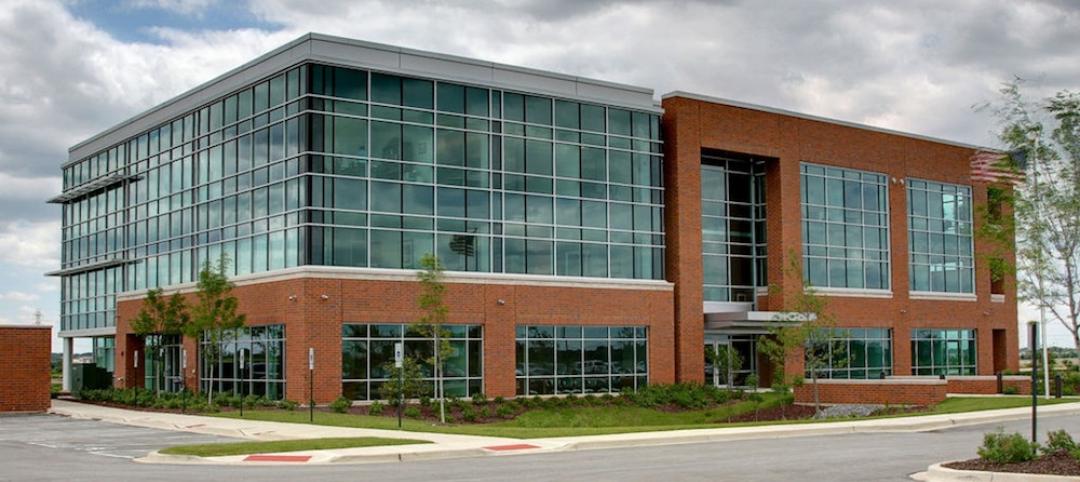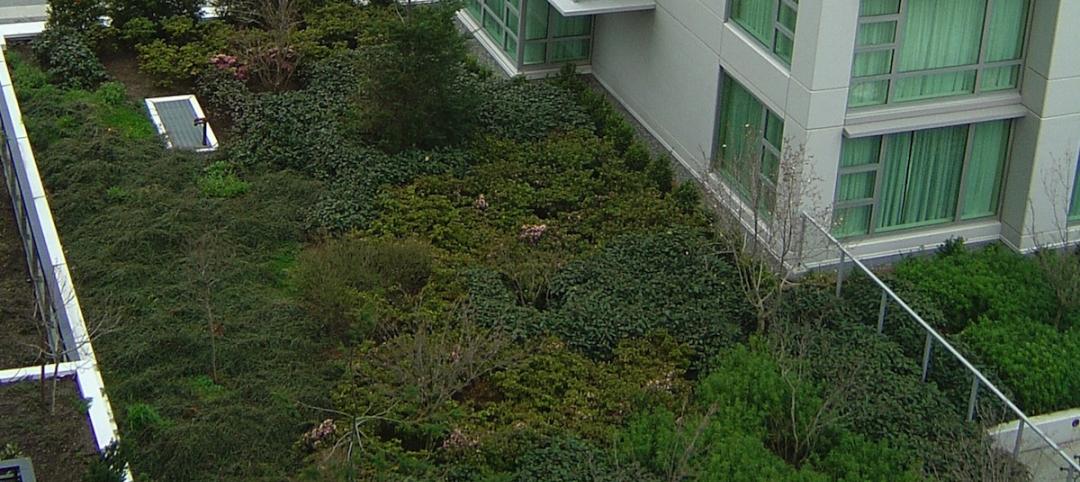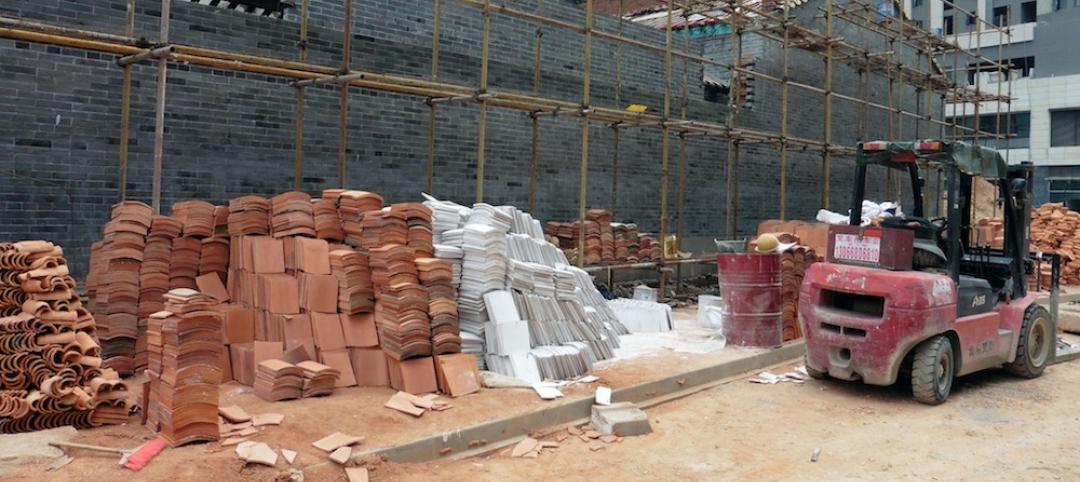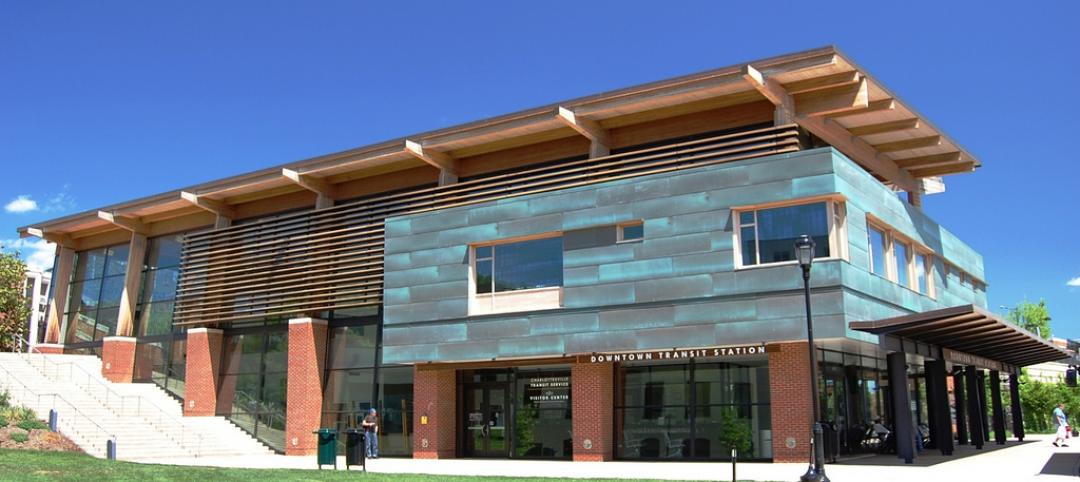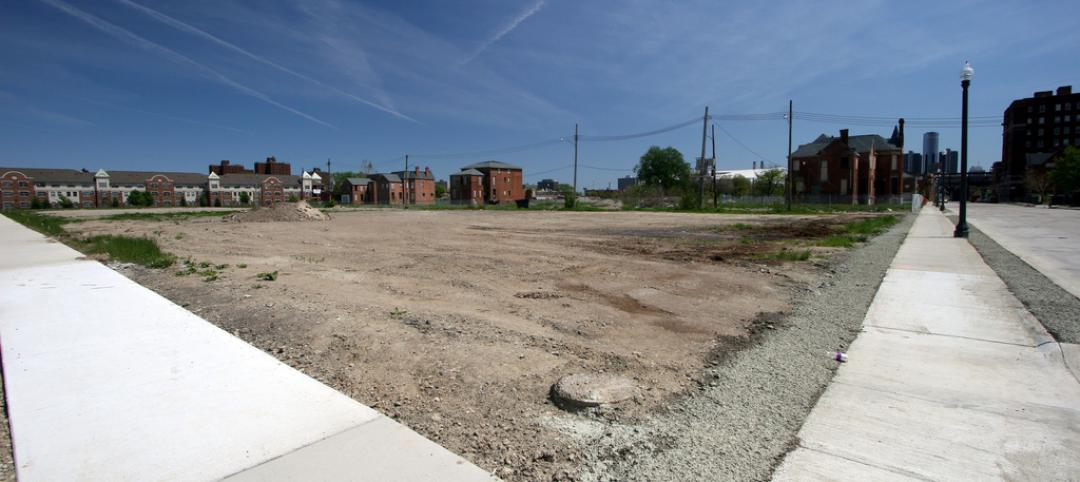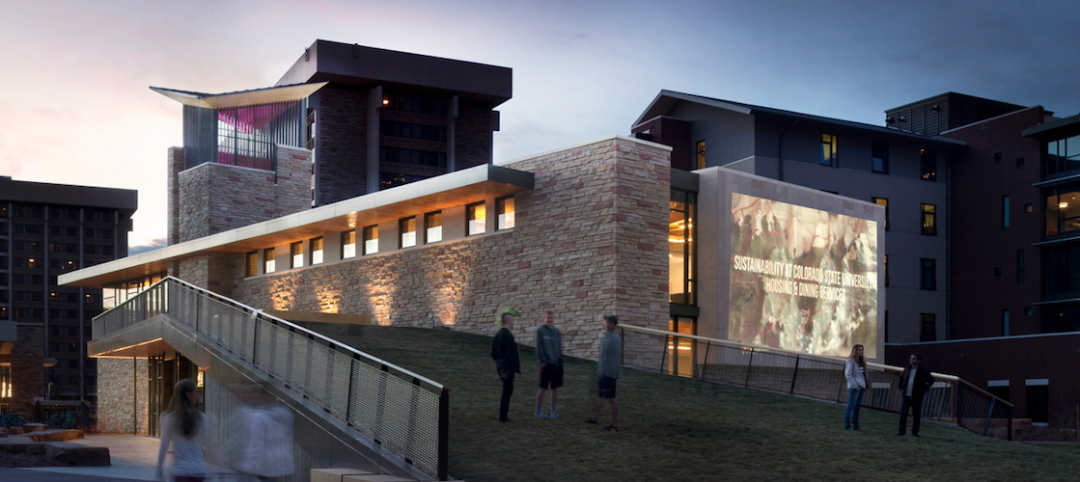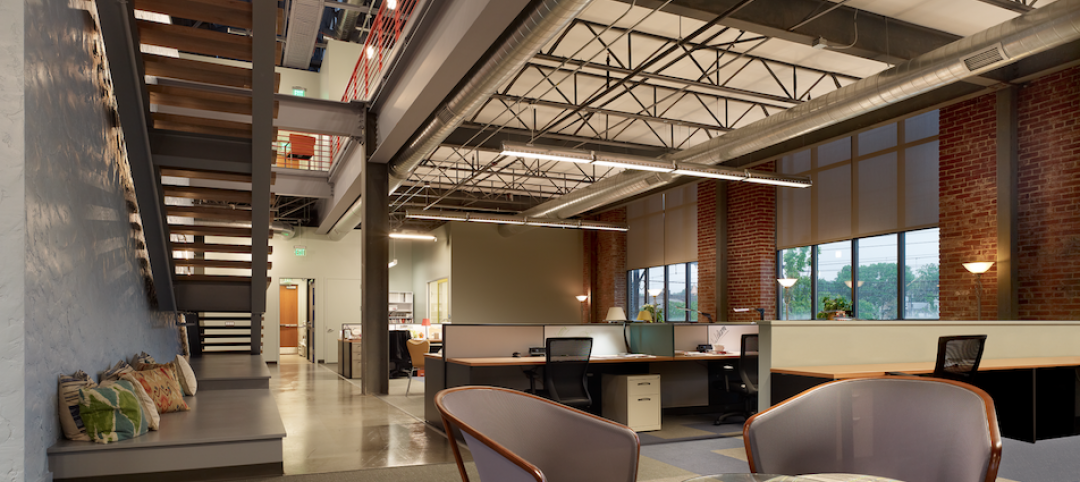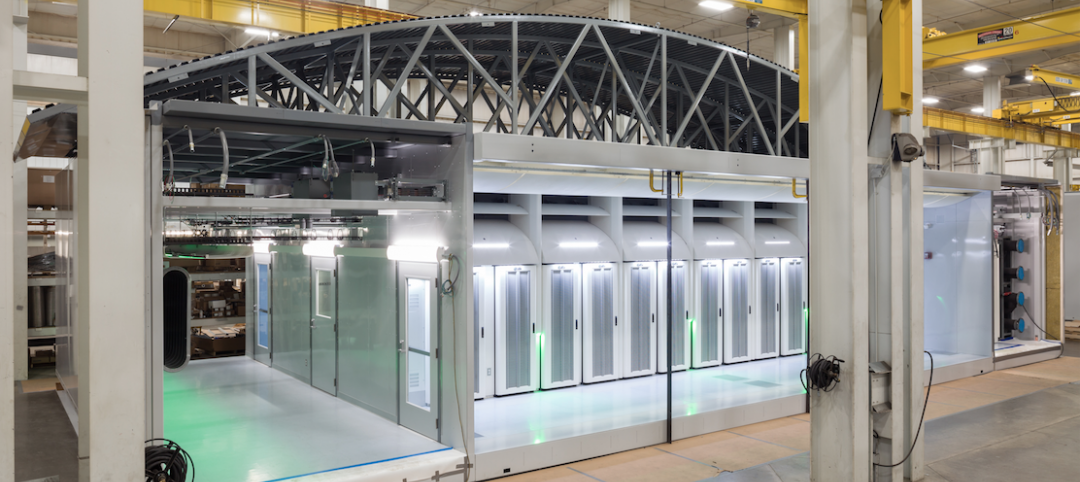Royal Philips, the global lighting supplier, has opened a 234-sm (2,519-sf) facility at the High-Tech Campus in Eindhoven, The Netherlands, which is conducting research with the goal of providing growers of fruits, vegetables, and herbs with LED light growing solutions. Other areas of research will focus on ways to grow more carbohydrate-rich crops, such as potatoes and wheat, indoors.
The facility, known as the Philips GrowWise City Farming research centre, uses connected LED systems that are customizable, allowing for the development of “growth recipes” tailored to each crop variety or a producer’s requirement, reports Inhabitat.
“Our aim is to develop the technology that makes it possible to grow tasty, healthy, and sustainable food virtually anywhere,” says Gus van der Feltz, Philips’ Global Director of City Farming. “The research we are undertaking will enable local food production on a global scale, reducing waste, limiting food miles, and using practically no land or water.”
Philips’ team has been able to change the shape, size, productivity and even oil content of many leafy greens and herbs. And because the plants can be stacked in layers, each with its own lighting system, sizable quantities of food can be grown in relatively small spaces.
The research center, one of the largest of its kind in the world, features four-layered mechanized planting racks in each of its eight climate rooms.
Philips’ team has been able to change the shape, size, productivity and even oil content of many leafy greens and herbs. And because the plants can be stacked in layers, each with its own lighting system, sizable quantities of food can be grown in relatively small spaces.
One of Philips’ partners churns out 900 pots of basil per year from one square meter of floor space. And with the cells being sealed and managed under strict hygienic protocol, the need for pesticides and chlorine washing can be significantly reduced, if not eliminated.
Philips, which has been active in horticultural lighting since 1936, has equipped several city farms, including GreenSense in Chicago. (Watch a short YouTube video to see what one of these farms looks like by clicking here.)
The company is hoping that its research facility will unleash lighting and technology innovations that, according to its press release, “will bring farm and fork within a few miles of each other,” and provide year-round growing solutions.
Royal Philips is launching this research center at a time when the world’s food supply is under increasing duress. The United Nations forecasts that by 2050, the world’s population will increase by 2.3 billion people, and that two-thirds of the total population will be living in cities.
In addition, 80% of the world’s arable land is already in use, a good part of which is struggling because of water shortages.



Related Stories
Green | Feb 1, 2016
Supreme Court ruling on demand response expected to benefit smart grid
Ruling allows PV owners and other small energy generators to continue to be paid wholesale rates for power they generate.
Green | Jan 29, 2016
USGBC names top 10 states for LEED green building
Illinois leads the list for the third straight year.
Green | Jan 4, 2016
Florida lagging on development of green roofs
Florida lagging on development of green roofs.
Green | Dec 23, 2015
Austin, Texas mandates construction recycling
Projects larger than 5,000 sf must recycle or salvage at least half of their trash.
Green | Dec 15, 2015
USGBC aims to scaling LEED buildings to 5 billion sf in five years
Plan revealed at UN climate conference.
Green | Dec 13, 2015
Detroit plans massive effort to convert vacant properties to green spaces
Effort aims to improve property values, city life.
Greenbuild Report | Dec 10, 2015
AASHE’s STARS tool highlights the university sector’s holistic approach to sustainability
Buzzwords like “living lab” and “experiential learning” are indicative of the trend toward more holistic sustainability programs that incorporate all facets of college life.
Greenbuild Report | Dec 8, 2015
Is ‘green’ still a selling point in the office sector?
Some developers are missing an opportunity by downplaying sustainability at a time when demand for such features is palpable among lessee firms who are trying to attract younger workers.
Greenbuild Report | Dec 1, 2015
Data centers turn to alternative power sources, new heat controls and UPS systems
Data centers account for 2% of the nation’s electricity consumption and about 30% of the power used annually by the economy’s information and communications technology sector, according to the National Renewable Energy Laboratory.
Greenbuild Report | Nov 30, 2015
10 megatrends shaping the future of green building
Increased competition among green building rating systems, the rise of net-zero buildings, and a sharper focus on existing structures are among the trends that will drive sustainability through 2020, according to author and green building expert Jerry Yudelson.



